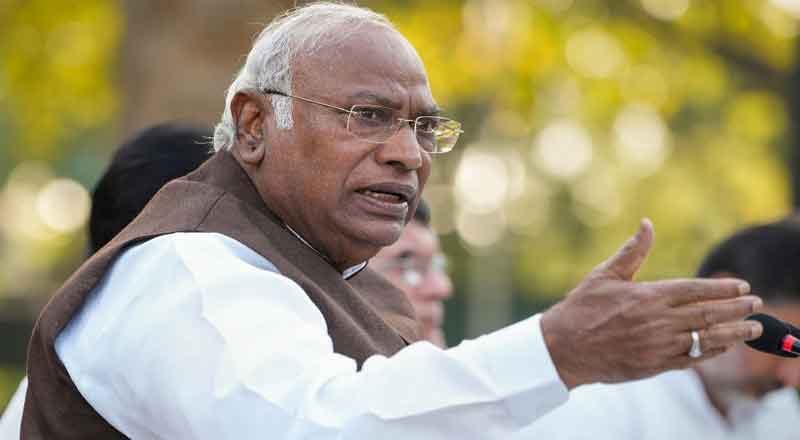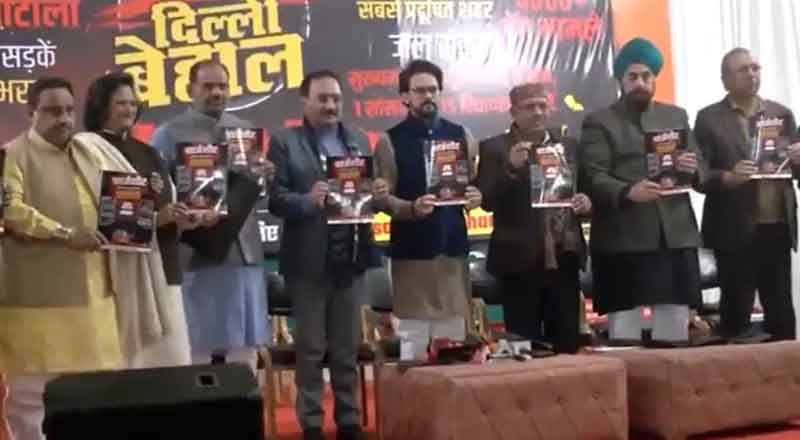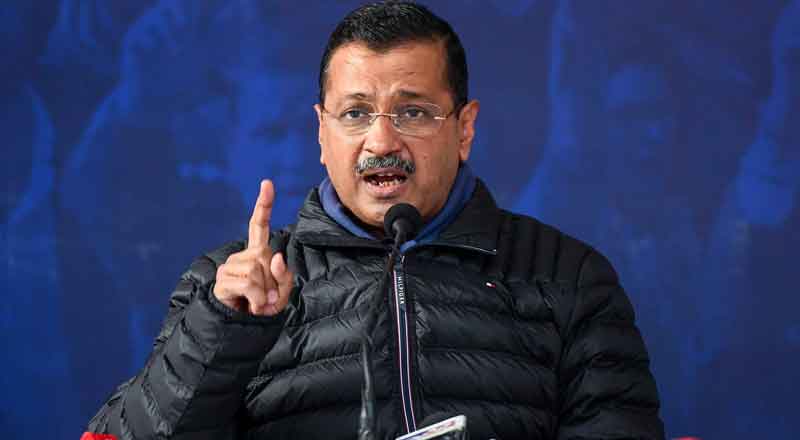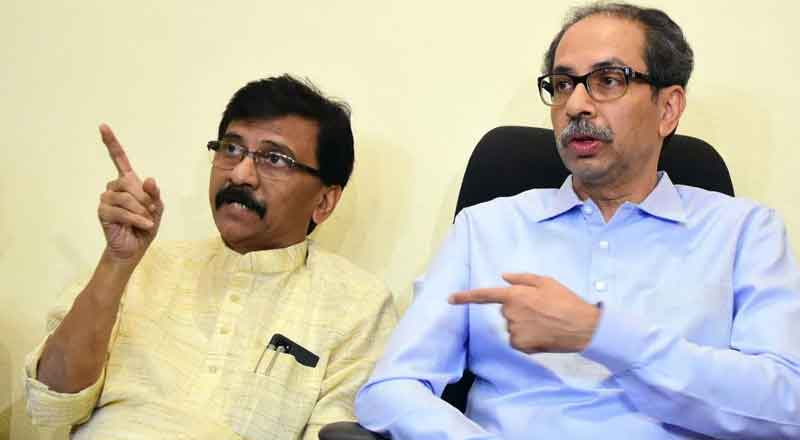- The Congress party has levelled serious accusations against the BJP claiming that a significant portion of electoral bonds (EBs) have been funnelled to the ruling party.
- The Congress has demanded a thorough investigation into the matter, calling for the establishment of a court-appointed SIT.
- According to Congress’s Jairam Ramesh, the revelations expose what he describes as a “scam and corruption of the highest order.”
- Jairam Ramesh highlighted instances of alleged quid pro quo, citing specific cases where companies donating to the BJP subsequently received substantial government contracts or benefits.
- The Congress raised questions about missing data on electoral bonds between March 2018 and April 2019, hinting at potential irregularities during that period.
- In light of these allegations, there is mounting pressure on the government to address concerns regarding electoral transparency and accountability.
The Congress party has levelled serious accusations against the Bharatiya Janata Party (BJP), claiming that a significant portion of electoral bonds (EBs) have been funnelled to the ruling party. In a dramatic turn of events, Congress has demanded a thorough investigation into the matter, calling for the establishment of a court-appointed Special Investigation Team (SIT).
The controversy erupted following the release of data by the Election Commission of India (ECI) regarding donors of electoral bonds. According to Congress general secretary Jairam Ramesh, the revelations expose what he describes as a “scam and corruption of the highest order.”
Jairam Ramesh highlighted several instances of alleged quid pro quo, citing specific cases where companies donating to the BJP subsequently received substantial government contracts or benefits. One such example is Megha Engineering & Infra, which donated over ₹800 crores in electoral bonds and was later awarded the lucrative Thane-Borivali Twin Tunnel Project.
Moreover, Ramesh underscored the suspicious timing of donations and government favours, alleging a systematic misuse of investigative agencies such as the Enforcement Directorate (ED), Income Tax (I-T), and Central Bureau of Investigation (CBI). He pointed out instances where companies raided by these agencies made substantial contributions to the BJP shortly after.
The Congress’s allegations extend to the realm of money laundering through shell companies, exploiting loopholes in the electoral bonds scheme. Ramesh highlighted cases where companies with questionable financial standings made disproportionately large donations, raising concerns about the integrity of the process.
Furthermore, Congress raised questions about missing data on electoral bonds between March 2018 and April 2019, hinting at potential irregularities during that period. The party emphasized the need for transparency, urging the Finance Minister to disclose comprehensive information about donors and their contributions to political parties.
Congress leaders, including Rajya Sabha MP Kapil Sibal and Mallikarjun Kharge, have called for urgent action, advocating for the formation of a court-appointed SIT to investigate the matter thoroughly. They argue that the integrity of India’s electoral process is at stake and that the allegations of corruption must be addressed with utmost seriousness.
The Communist Party of India (Marxist) (CPI(M)) has echoed these sentiments, emphasizing the need for transparency and accountability. General Secretary Sitaram Yechury condemned the electoral bonds system, describing it as a mechanism that institutionalizes corruption. Yechury highlighted the correlation between government investigations and donations, suggesting a disturbing pattern of political extortion.
In light of these allegations, there is mounting pressure on the government to address concerns regarding electoral transparency and accountability. The call for a court-appointed SIT reflects the urgency of the situation, as allegations of corruption threaten to undermine the credibility of India’s democratic institutions.
As the debate intensifies, all eyes are on the authorities to ensure a fair and impartial investigation into the alleged misuse of electoral bonds. The outcome of this probe could have far-reaching implications for India’s political landscape, shaping the future of electoral financing and accountability.
(With inputs from agencies)





